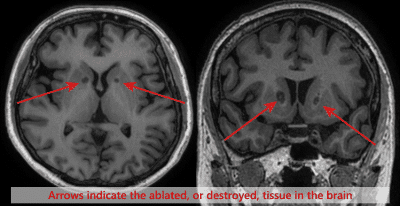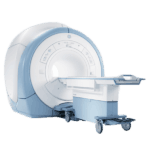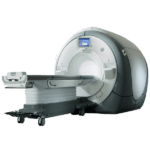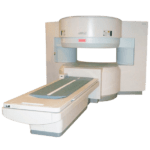A breakthrough was made when the first patient with depression was treated with MR guided focused ultrasound
For those that experience depression, the road to recovery can be a long and arduous one, with likely relapses and no guarantees. The feelings of hopelessness, guilt, loss of interest, concentration problems, and overall sadness are overwhelming ones, and while the exact causes of depression are unknown, chemical imbalances in the brain are most likely the culprits.

Up until now, the war against depression has been fought with mainly medication and psychotherapy. For some patients, however, these treatments are not effective, and they need more aggressive forms of intervention.
For this group, their options have included stereotactic ablation and Deep Brain Stimulation, which are both invasive treatments with high risk factors. This created a need for a non invasive option, and last month a breakthrough was made when the first patient with depression was treated with MR guided focused ultrasound.
The ultrasound uses a non invasive technique to target and eliminate a small volume of tissue in the brain associated with depression. The patient was treated with no complications and the future looks bright for the pilot clinical trial, which will determine the safety and stability of the procedure.
Get Started
Request Pricing Today!
We’re here to help! Simply fill out the form to tell us a bit about your project. We’ll contact you to set up a conversation so we can discuss how we can best meet your needs. Thank you for considering us!
Great support & services
Save time and energy
Peace of mind
Risk reduction
The study, which is being led by neurosurgeon Jin Woo Chang, M.D., of Yonsei University College of Medicine in Korea, consists of ten patients. They will be subjected to focused ultrasound, and outcomes will be measured by routine psychological examinations and MR imaging over a six month period.
If the study proves lucrative, a larger group of patients will be tested for the long term safety of MR guided focused ultrasound. This gives new hope to sufferers, and could also help those with OCD, Parkinson’s, brain tumors, and more.
You can read more about depression clinical trials with focused ultrasound here.



